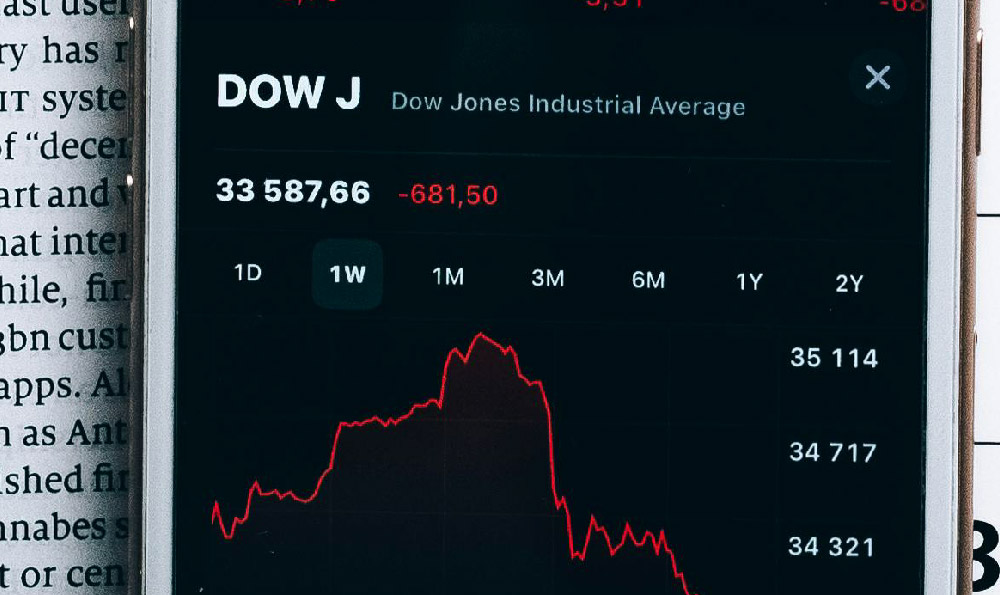Hedge funds, often shrouded in mystique, present a complex and potentially lucrative avenue for investment. However, before diving in, a thorough understanding of their nature, risks, and suitability for your individual financial situation is paramount.
First, let's dissect what a hedge fund actually is. Unlike mutual funds, which are heavily regulated and typically adhere to specific investment strategies, hedge funds operate with significantly more freedom. They employ diverse and often sophisticated investment techniques, including short-selling, leverage, derivatives, and arbitrage, aiming to generate absolute returns regardless of market direction. This "absolute return" objective distinguishes them from traditional investments, which are often benchmarked against a specific market index. This flexibility, however, comes with inherent complexities and potential downsides.
Gaining access to hedge funds is typically restricted to accredited investors, defined as individuals with a high net worth (usually exceeding $1 million, excluding their primary residence) or a substantial annual income (generally $200,000 individually or $300,000 jointly for the past two years with a reasonable expectation of continuing at the same level). This exclusivity stems from the higher risks associated with these investments and the regulatory belief that only sophisticated investors can adequately assess and bear those risks. The minimum investment amounts are often substantial, ranging from tens of thousands to millions of dollars, further limiting accessibility.

The allure of hedge funds lies in their potential for high returns. Skilled hedge fund managers, using their expertise and advanced strategies, can potentially generate significant profits even in declining markets. This is especially appealing to investors seeking diversification and a hedge against traditional market volatility. However, it is crucial to acknowledge that high potential rewards are accompanied by equally significant risks.
One major risk is the lack of transparency. Hedge funds are not required to disclose their investment strategies or holdings as extensively as mutual funds. This opacity makes it challenging for investors to fully understand the fund's risk profile and how it generates returns. Due diligence becomes even more crucial in this environment, requiring careful scrutiny of the fund manager's track record, investment philosophy, and risk management practices.
Liquidity is another critical consideration. Hedge fund investments are often illiquid, meaning it may be difficult or impossible to withdraw your money quickly, especially during market downturns. Lock-up periods, which restrict withdrawals for a specified period (often several years), are common. Understanding the fund's liquidity terms is essential before investing, ensuring they align with your overall financial needs and time horizon.
Furthermore, hedge fund fees are typically higher than those charged by traditional investment vehicles. The standard "2 and 20" fee structure, where the fund manager charges a 2% management fee on assets under management and takes 20% of any profits, can significantly impact your overall returns. It's essential to carefully evaluate the fee structure and ensure that the potential returns justify the costs. Not all hedge funds are created equal; some perform exceptionally well, while others underperform significantly. Past performance is not necessarily indicative of future results, but analyzing historical performance data, including returns during various market cycles, can provide valuable insights into the fund manager's skill and consistency.
Before investing in a hedge fund, conduct thorough due diligence. This includes researching the fund manager's experience, investment strategy, risk management protocols, and historical performance. Consider engaging a financial advisor who specializes in alternative investments to help you assess the fund's suitability for your portfolio and conduct independent due diligence. Read the fund's offering documents carefully, paying close attention to the risk disclosures, fee structure, and liquidity terms.
Now, addressing the pivotal question: Should you invest in hedge funds? The answer is highly individual and depends on your specific circumstances, risk tolerance, and investment goals.
Hedge funds may be appropriate for sophisticated investors with a high net worth who are seeking diversification, potentially higher returns, and are comfortable with illiquidity and a lack of transparency. If you are not an accredited investor or are uncomfortable with the risks associated with hedge funds, alternative investment options with greater transparency and liquidity may be more suitable.
Consider the following factors when making your decision:
- Your Risk Tolerance: Can you stomach potentially significant losses? Hedge funds can be volatile and may not be suitable for risk-averse investors.
- Your Time Horizon: Do you need access to your funds in the near future? Hedge funds are often illiquid, so they may not be appropriate for short-term investment goals.
- Your Investment Goals: Are you seeking absolute returns or are you comfortable with market-related returns? Hedge funds aim to generate positive returns regardless of market conditions.
- Your Knowledge and Understanding: Do you understand the complex strategies employed by hedge funds and the associated risks?
- Your Due Diligence Capabilities: Are you able to conduct thorough research and evaluate the fund manager's track record and investment philosophy?
Ultimately, investing in hedge funds is a complex decision that should be made after careful consideration of your individual circumstances and a thorough understanding of the risks and potential rewards. Seek professional advice from a qualified financial advisor to determine if hedge funds are a suitable investment for your portfolio. Remember that diversification is key, and hedge funds should typically constitute only a small portion of your overall investment portfolio. They are not a substitute for a well-balanced investment strategy that aligns with your long-term financial goals. The due diligence process cannot be skipped. The manager’s skill is the single most important aspect of investing in this asset class, and separating good ones from bad ones takes time, experience, and resources.












